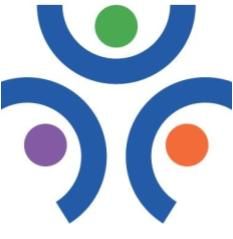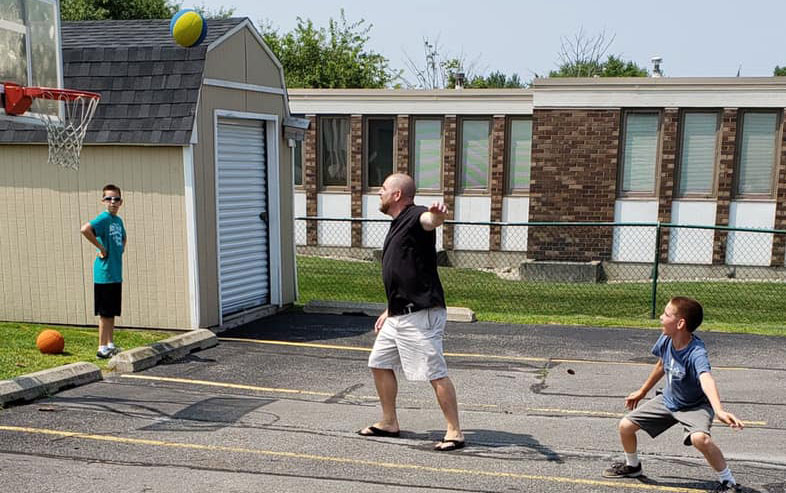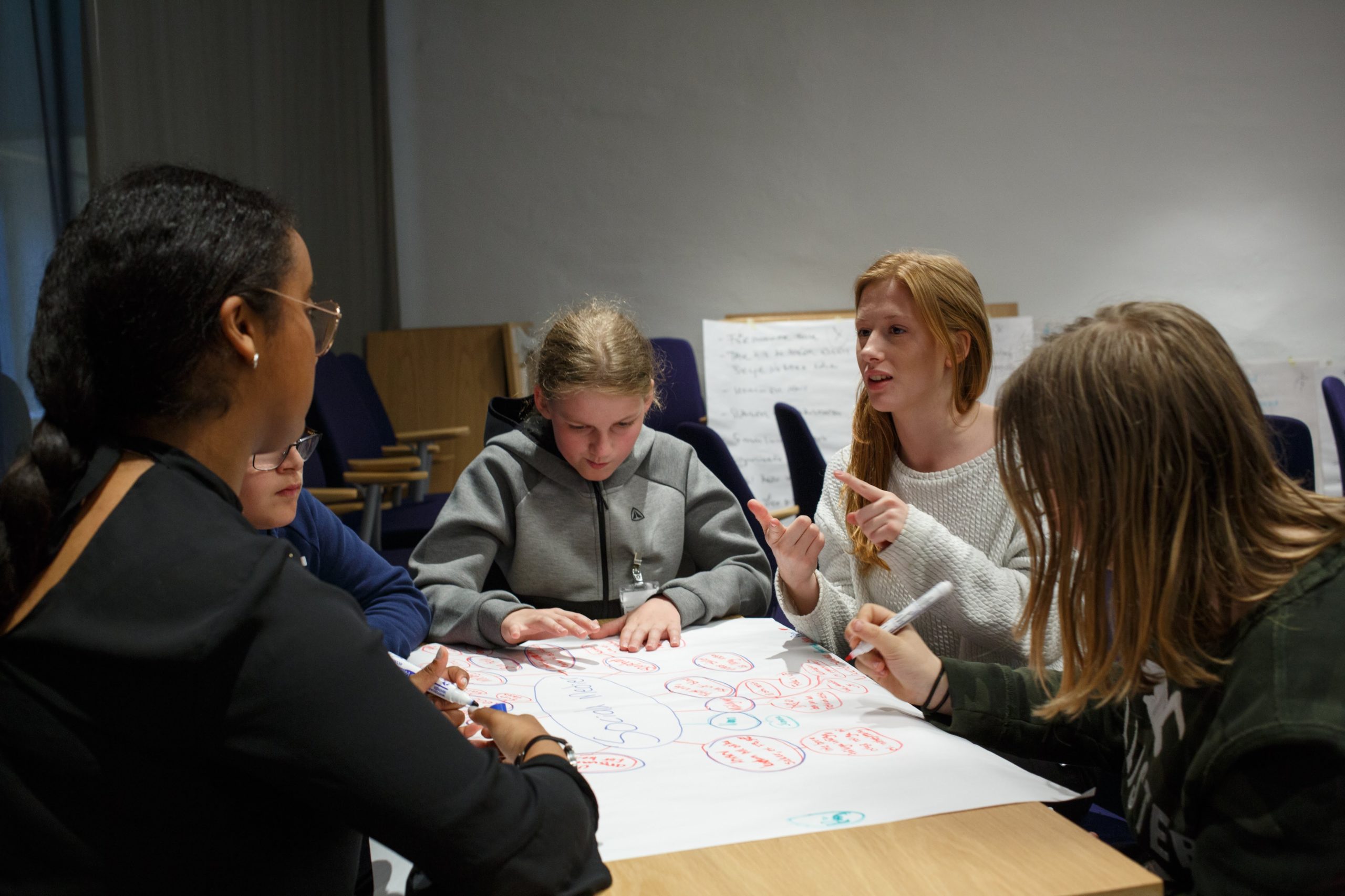School can be a pleasant experience for some children, with its regular ups and downs. But for others, it can be frightening. In addition to learning the basics like reading, writing, and math, students use school to develop the foundational social skills and coping mechanisms they’ll need in order to fit into everyday environments.
For some students, social skills can be more difficult abilities to master, and make school discouraging. Parents and teachers can help children with social skill deficits by modeling, role-playing, rehearsing, and practicing the fundamentals of relating to others. The special education programs at Lake Michigan Academy (LMA) are excellent options for children and teens with developmental disabilities and social challenges. We offer an independent day school and an individualized learning curriculum. Additionally, one-on-one tutoring is available.
We have comprehensive full-time programs for elementary, middle, and high school students. In addition to core instruction, our students in the full-time program will receive support as needed through small-group classes for reading, writing and/or math skills. These small groups, or Labs, allow our teachers and students to focus on skill areas at an individual level. Our teachers incorporate specialized methods, including structured literacy, to provide instruction, filling in skill gaps and supporting each student’s unique learning comforts.
Students enrolled in our full-time programs attend classes designed to support their intellectual and social-emotional development. Our elementary students enjoy these classes as well as physical education, art, music, STEAM and People Skills. Middle school students experience similar classes in addition to weekly Community Service and Enrichment. Our high school students are offered daily electives which may have an emphasis on service, employment skills, communication skills, strategies for learning or organization, or technology.
Our part-time program for high school students allows for core courses at LMA and complete additional elective credits at another high school, at an ISD campus through Career-Tech Ed (CTE) programs such as those at Kent Career Technical Center (KCTC), Launch U, Kent Transition Center (KTC), a community college through Dual Enrollment, or at a worksite through work-study or an internship.
Teaching Social Skills
Traditional schools will work with children to improve learning challenges. However, children with learning differences in traditional school settings often miss the focus on improving social skills. These schools often rely on parents and professionals to address the lack of social skills, which can include the inability to relate to other children, form friendships or resolve conflicts. At LMA, we help families find the right balance of academic and social encouragement to support their children’s behavioral challenges.
Learning Solutions: How Parents Can Help
While children typically develop social skills on their own, it’s no surprise that parents play a significant role in their social skill development. Children who do need help acquiring social skills, self-help books and online resources can be an excellent first step for parents. Through these resources, parents can receive instruction for modeling, role-playing and giving a child opportunities to practice their skills. They will usually offer guidance on encouragement and praise to reinforce the successful use of a new skill.
If a parent observes significant social difficulties within their child, finding a professional partner such as LMA, and our talented group of teachers and tutors is usually the next step. Our experienced professionals offer structured and guided learning programs, often in group settings, so children can practice new skills they can take into school and other social settings.
Learning Solutions: How Teachers Can Help
School is the place where children commonly spend time with others their ages, so it is a natural setting to learn, practice and reinforce appropriate social skills. In this setting, teachers have the opportunity to help children develop and hone their social skills. They should be vigilant – sensitive to teasing and bullying and observant of children who are rejected or ignored by others. Teachers should work in collaboration with parents to help prevent the humiliation, embarrassment and distress that accompany social weaknesses.
Our teachers at LMA can facilitate a child’s path to gaining social competency in a variety of ways. For instance, we will pair a socially adept child with a socially inept child (“child in need of training”), giving them a task that will promote compassionate interactions and joint success. We will also engage children in learning exercises that promote collaboration and the respect of differences, rather than competition. In identifying and recognizing the unique strengths within each unique student, understanding the causes and effects of social weaknesses, and reinforcing an environment where inclusion is celebrated, our teachers make a substantial difference in improving social abilities, both in the classroom and in life.
Please refer to our Contact information to speak with a Lake Michigan Academy administrator and learn more about our effective child and young adult learning and intervention programs.




